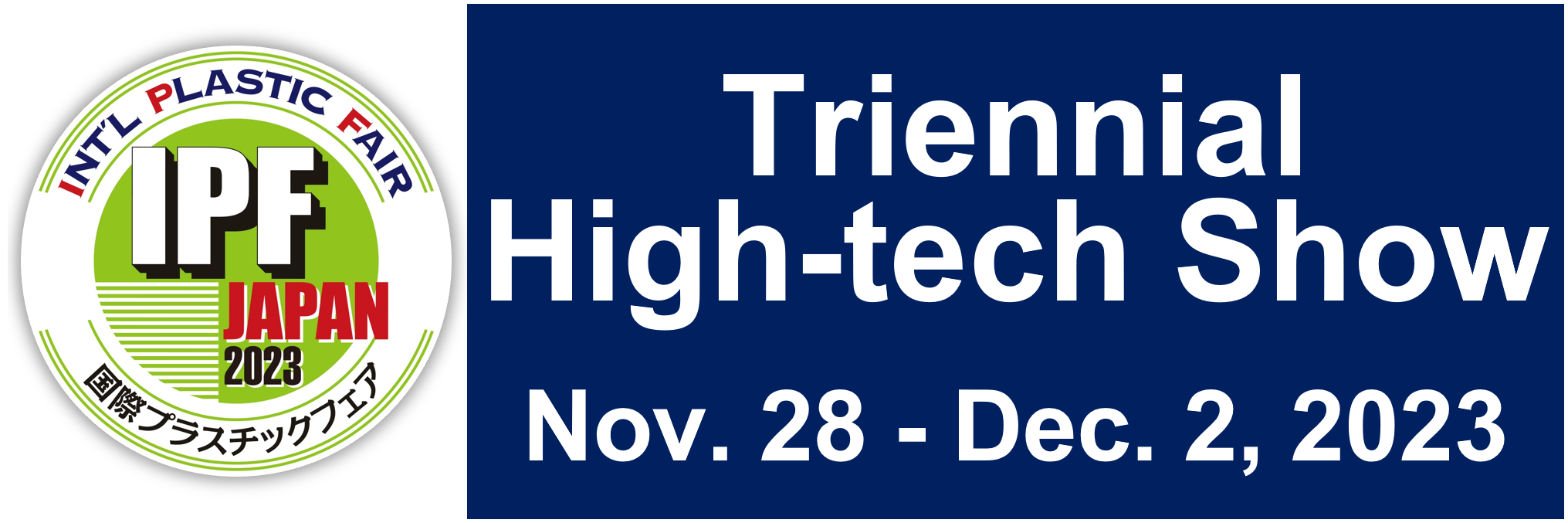M&As: Arkema acquires controlling stake in South Korea’s PI Advanced Materials; Japanese state fund offers US$6.2 bn to buy chip maker JSR

French chemical firm Arkema is planning to acquire Glenwood Private Equity’s 54% stake in the listed South Korean company PI Advanced Materials (PIAM), for EUR728 million enterprise value. The company will be fully consolidated in Arkema’s accounts. With sales of over EUR200 million, and EBITDA margin of around 30%, PIAM is the global supplier of polyimide films for the consumer electronics and electric vehicles markets.
With more than 30% global market share, PIAM, based in South Korea, is the global leader of polyimide films for flexible printed circuit boards and graphite sheets used in the high growth and high margin markets of mobile devices and electric vehicles.
With two industrial production sites and two R&D centres in South Korea, this company employs approximately 320 people. PIAM enjoyed strong sales growth of 12% per year on average in the 2012-2021 period.
PIAM’s sales are expected to grow at 13% p.a., driven by unique opportunities for polyimide in increasingly demanding applications such as lithium-ion batteries, 5G antennas, high resolution OLED displays or flexible screens, and supported by recent capacity expansions
In the electric vehicle market, growth will be driven by high demand for tapes for battery cell insulation, flexible printed circuit boards for battery management systems and varnishes for high-voltage motor coils. Besides, PIAM will benefit from the recently finalised capital expenditure program of around EUR100 million that will cover most of the planned mid term developments.
The acquisition of Glenwood Private Equity’s 54% controlling stake will allow the full consolidation of PIAM in Arkema’s accounts. The remaining 46% of the shares will continue to be listed on the Korean stock exchange.
PIAM’s portfolio fits perfectly with the Advanced Materials segment, strengthening the high performance polymer range in attractive markets linked to megatrends, and enabling to accelerate the segment’s organic sales growth and expand its EBITDA margin.
The deal will be financed fully in cash, maintaining a strong balance sheet with a level of net debt including hybrid bonds that will stay within Arkema’s financial leverage objective of 2x EBITDA.
Following this transaction and all that has been achieved over the past years in both organic projects and M&A, Arkema’s technological profile will now be uniquely positioned to benefit from the accelerating demand linked to megatrends. In the coming years, the group will give its priority to organic growth, leveraging its breadth of innovative technologies in attractive markets and applications. With regard to M&A, the Group will continue to work on the deconsolidation of its Intermediates segment and will focus its acquisitions program on bolt-on operations, particularly in adhesives.
The deal, which is subject to the approval of Chinese and Korean anti-trust authorities, should be finalised end-2023.

In other news, a fund backed by Japan's government has offered to buy out JSR Corp., a firm central to the manufacture of semiconductors, in a deal worth US$6.2 billion.
JSR said in a statement its board was in favour of the deal, which would privatise a company that is a key producer of compounds vital to the manufacture of semiconductors.
Japan Investment Corporation (JIC), the fund behind the deal, hopes to finalise it by December. JIC is an investment fund founded in 2018, with the government as the majority investor, along with smaller private-sector partners.
The 0.9 trillion yen offer comes as Tokyo, along with many governments, tries to stabilise supply chains for the chips that are central to the modern economy.
Microchips are the lifeblood of the modern global economy: the tiny slices of silicon are found in all types of electronics -- from LED lightbulbs and washing machines to cars and smartphones.
They are also critical to core services such as healthcare, law and order and utilities.
Globally, semiconductors are forecast to become a US$1-trillion industry by 2030.
But pandemic disruption and tensions with China have raised concerns globally about the risks in existing chip supply chains.
Countries from France to Israel have been looking for ways to incentivise chip-making at home, or take greater control of production.
In April, the European parliament and EU states agreed a plan to boost local chip production and build a global market share in the key industry.
And in May, Micron said it would invest $3.6 billion to produce next-generation semiconductors in Japan after the country's prime minister met with some of the world's biggest chipmakers.
Japan has already agreed to pour half a billion dollars into a new project to develop and make next-gen chips domestically.
That deal involves eight major companies, including Sony, SoftBank and Toyota, who are partnering in a new firm called Rapidus that hopes to begin mass production by 2027.
TSMC and Sony have also inked their own partnership for a US$7 billion plant in Japan.
JSR is a market leader in the manufacture of materials including photoresists for circuit formation, which are central to producing semiconductors.
It controls around 30% of the global market for photoresists, according to Bloomberg, and along with two other Japanese firms almost completely dominates production of two other key ingredients used to make displays and chips.
Chips have also emerged as a key source of tension between Washington and Beijing, with the US leaning on Japan and the Netherlands this year to curb exports of semiconductor technology.
(IMA)Subscribe to Get the Latest Updates from IMA Please click here
©2023 Injection Moulding Asia. All rights reserved.













